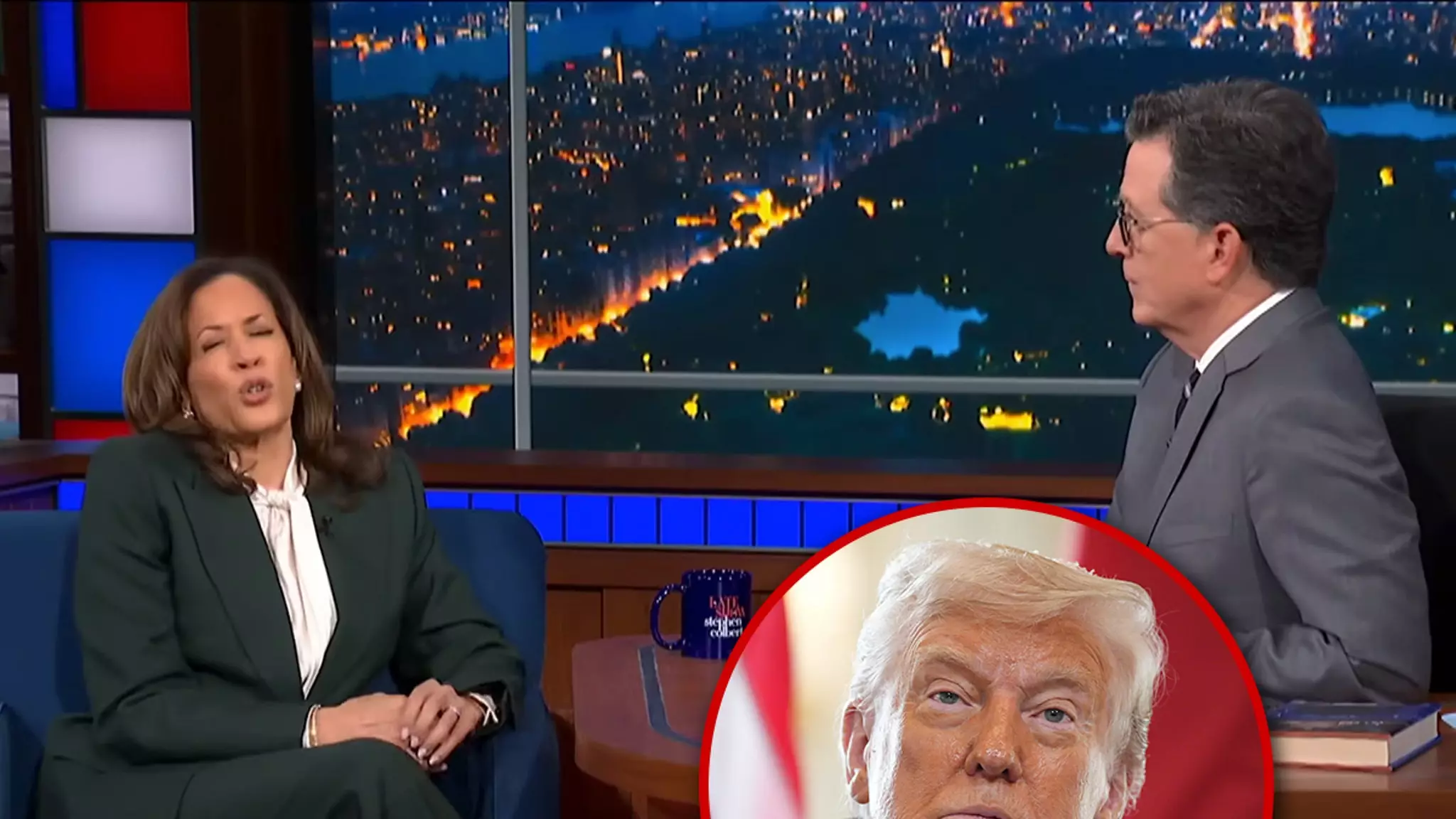In a candid revelation, Vice President Kamala Harris articulated her deep concerns about the state of American democracy, describing it as a “broken system.” Her honesty underscores a growing frustration among political leaders who recognize that the institutions meant to uphold democracy are under siege. Harris’s critique goes beyond surface-level politics; she implies that the foundational pillars of governance—Congress, the Supreme Court, and federal agencies—are faltering in their duty to protect democratic principles. Her acknowledgment of this fragile state signifies a rare moment of introspection from a prominent figure and may resonate with citizens who feel disillusioned or betrayed by the political establishment.
Beyond Politics: A Personal Mission to Listen and Understand
Interestingly, Harris’s plans do not involve retreating into silence. Instead, she emphasized a desire to travel across the country, engaging directly with citizens without the electoral pressure to secure votes. This approach underlines her belief in the importance of grassroots engagement—a recognition that genuine democracy relies on listening to diverse voices and understanding the public’s concerns firsthand. Her decision to step back from seeking office temporarily, in favor of listening and learning, demonstrates a nuanced understanding that reinvigorating democracy may require humility and patience rather than immediate political maneuvering.
The Critique of Institutions: Congress and the Supreme Court
Harris did not shy away from criticizing key institutions. She lambasted Congress for “sitting on their hands” as potential threats to democratic stability—an indictment of political paralysis and legislative inertia. Furthermore, her sharp critique of the Supreme Court’s perceived immunity for future presidents highlights her concern about unchecked executive power. Harris’s comments reflect a policymakers’ alarm: without accountability and reform, the American democratic system risks deterioration. Her critique invites an urgent dialogue on institutional reform that could safeguard democratic norms and prevent the rise of authoritarian tendencies.
Strategic Ambitions and a New Chapter
Amidst her candid reflections, Harris’s openness to future political ambitions remains palpable. She did not dismiss the possibility of running for California governor in 2028 nor for the presidency. This ambiguity suggests a strategic patience and a readiness to re-engage with electoral politics once she perceives meaningful change. Her upcoming book, “107 Days,” promises an inside look at her 2024 presidential bid—perhaps signaling her intent to rally support and inspire reform through personal storytelling and reflection. Harris’s journey underscores that her commitment to democracy transcends mere political office; it is about restoring faith and action within a systems that feels increasingly broken.
Final Reflections: A Call for Courage and Renewal
Harris’s outspoken critique serves as a wake-up call: the U.S. democracy needs more than surface fixes—it requires courage to confront uncomfortable truths and a collective effort to rebuild trust in institutions. Her willingness to step back, listen, and stay engaged reflects a leader aware of the gravity of the moment. If her insights are heeded, it could spark a broader movement towards genuine reform, emphasizing that renewal begins with acknowledgment and bravery. Harris’s voice, though critical, embodies a hopeful challenge—that America’s democracy can be restored if its citizens and leaders embrace honesty and collective responsibility.

